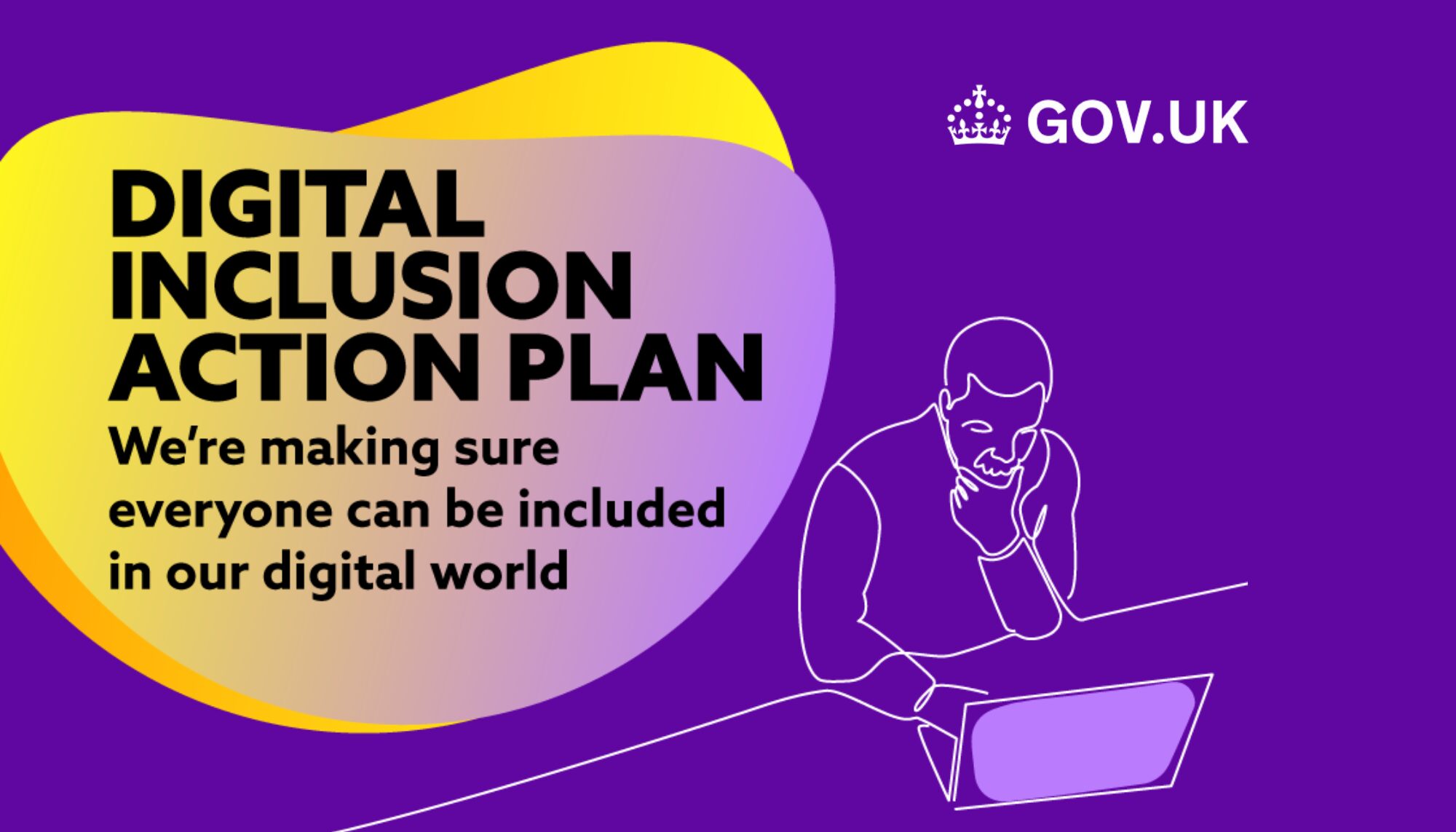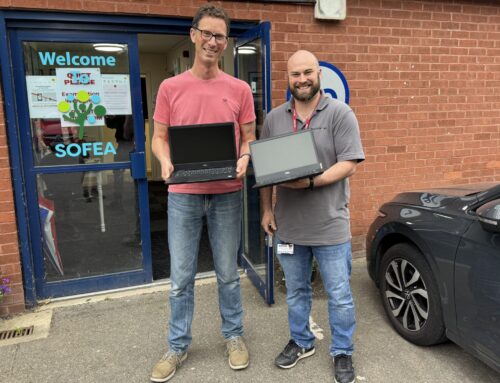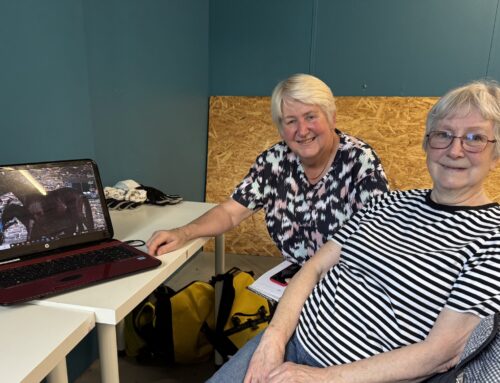We are excited to see the Government consulting on their new Digital Inclusion Action Plan which launched in February.
The Report goes through the potential benefits of being online and plans four action areas:
- Opening up opportunities through skills
- Tackling data and device poverty
- Breaking down barriers to digital services
- Building confidence and supporting local delivery
With the call for evidence and feedback open until 9th April, here are some reflections from our perspective.
The GOO view
We welcome the Government’s leadership in all of these action areas; we’re particularly excited about the potential for more effective collaboration across the UK. We feel these five areas would benefit from focus:
Safety is too important to be hidden in skills: as well as the many benefits, everyone working to get people online needs to be clear about the risks of being online. This is not just about opening up opportunities, but about avoiding dangers. The most vulnerable in our society can absolutely gain by being online, but they are also the most likely to be harmed by scams, misinformation or malware. It is not enough to include skills to stay safe online as part of a package of technical skills like how to access email or use a mouse. Safety and appropriateness needs to be the first consideration when helping someone to access the internet.
Be clear when online isn’t right: we need to support those for whom online access isn’t the best answer, or who will always need specific support to achieve good outcomes. For an isolated older person, the social benefit of going to the shops, post office etc is worth so much more than completing the transaction on-screen. Children undoubtedly benefit from online access for their homework, but providing a laptop at home places a great responsibility on their parents. Would after-school online homework clubs provide a better outcome? For those suffering with anxiety, where is the line between a laptop opening up a new world for them vs reducing their motivation to engage with the real world?
Focus on improving people’s lives: we can avoid bad outcomes or putting people at risk in a general “drive for digital inclusion” by always starting by asking what the individual is looking for in moving their life forward. Is getting online their priority right now or could we help them most by supporting in other areas? Do we see that they’re ready and the support we’re offering is right for them?
Join-up impact measurement to make a bigger difference: it’s great to see the commitment to continuous monitoring and evaluation in this plan. To avoid this being piecemeal and low-value, we would like to see plans included for a universally accepted and easily actioned framework for impact measurement around digital inclusion. This would allow enablers (such as ourselves and the national schemes who support us) and delivery agencies (our partners working with beneficiaries) to commit to joined up thinking and reporting around impact, would allow for helpful benchmarking and facilitate the transfer of best practice that is so badly needed across the spectrum of digital inclusion initiatives.
Take on e-waste and promote the secondhand market: the government proposal to promote donation of corporate end-of-life devices seems to miss a key point that, through existing refurbishment companies, these devices generally end up on the secondhand market, providing a good option for those who can’t afford new devices. Diverting these machines to charity schemes risks reducing access to this “second step on the ladder”, pushing more people towards dependency. Better to promote secondhand as an affordable route for people when money is tight and work with charities like ours to do the harder work of gathering and refurbishing devices from individuals in the community, which often lie unused, potentially slightly damaged, before being thrown away. This will reduce dependency and do more to tackle e-waste.
Care to share your thoughts?
The Government’s call for evidence is open until 9th April – we encourage anyone interested in this work to spend a few minutes to feed back your priorities.
And if you have view on any of our reflections above, we’d be happy to discuss them with you and hear your perspective too. Do get in touch with Ben at hello@gettingoxfordshireonline.org.
Share This Story, Choose Your Platform!
Quick Navigation






